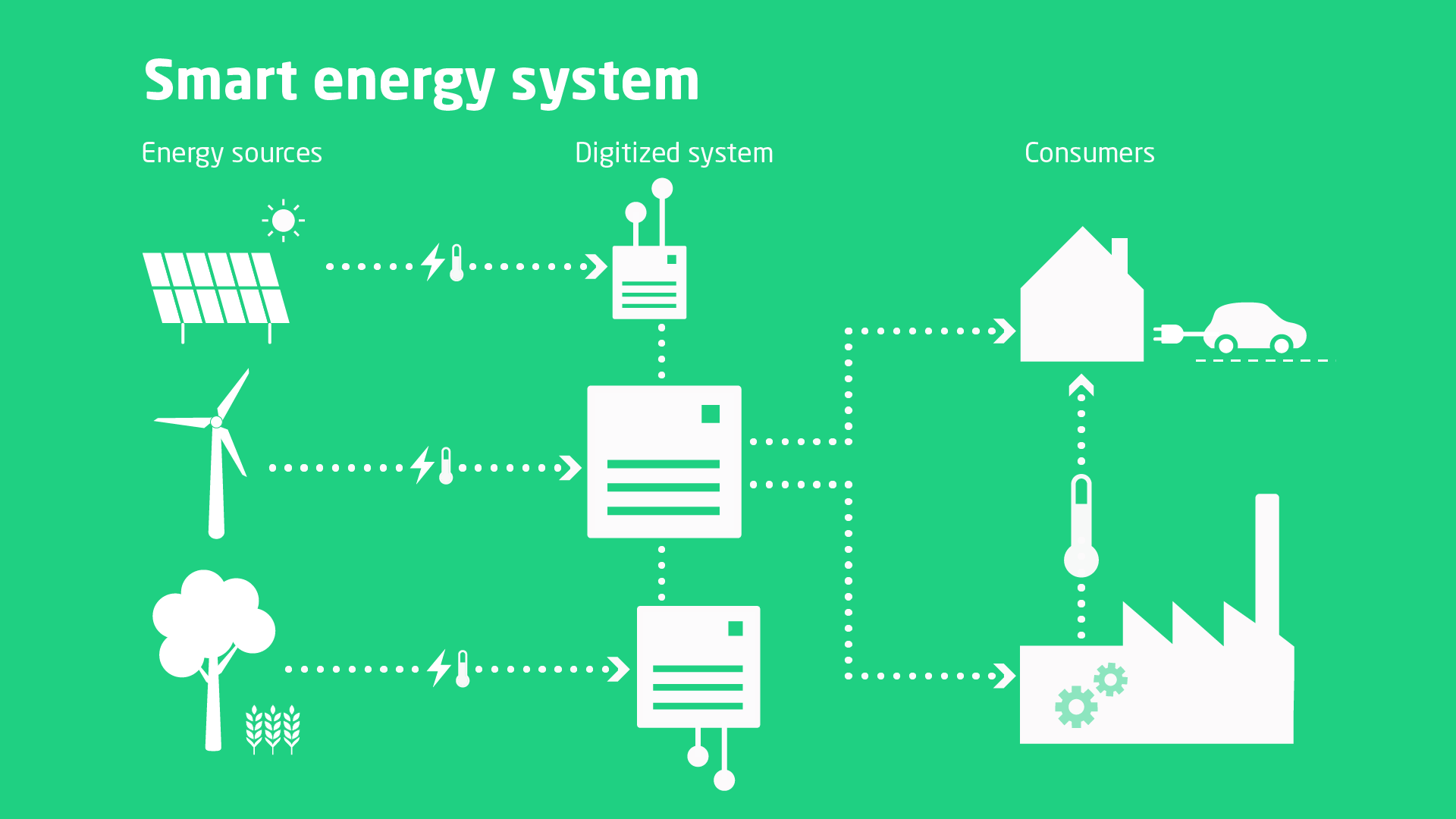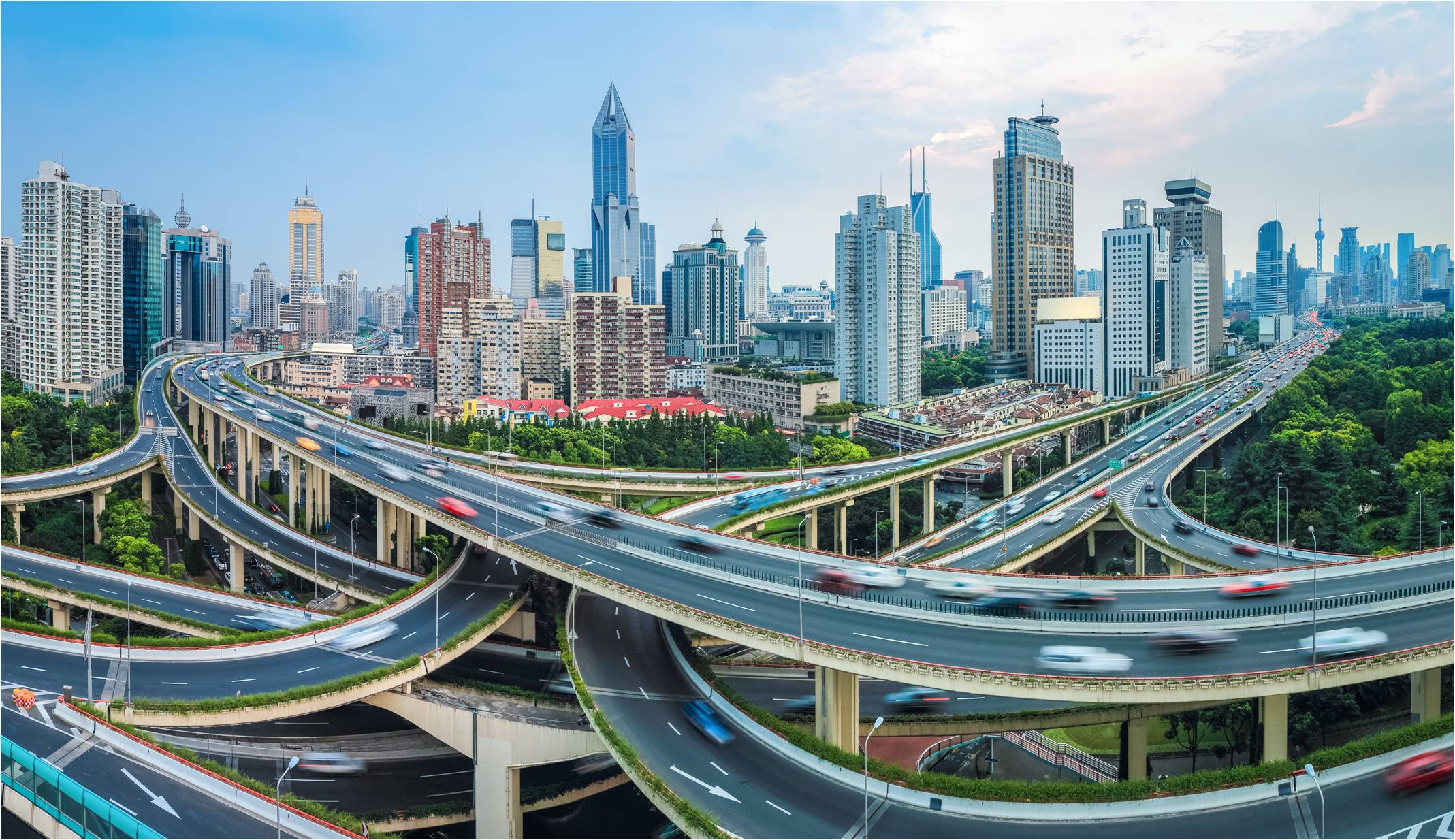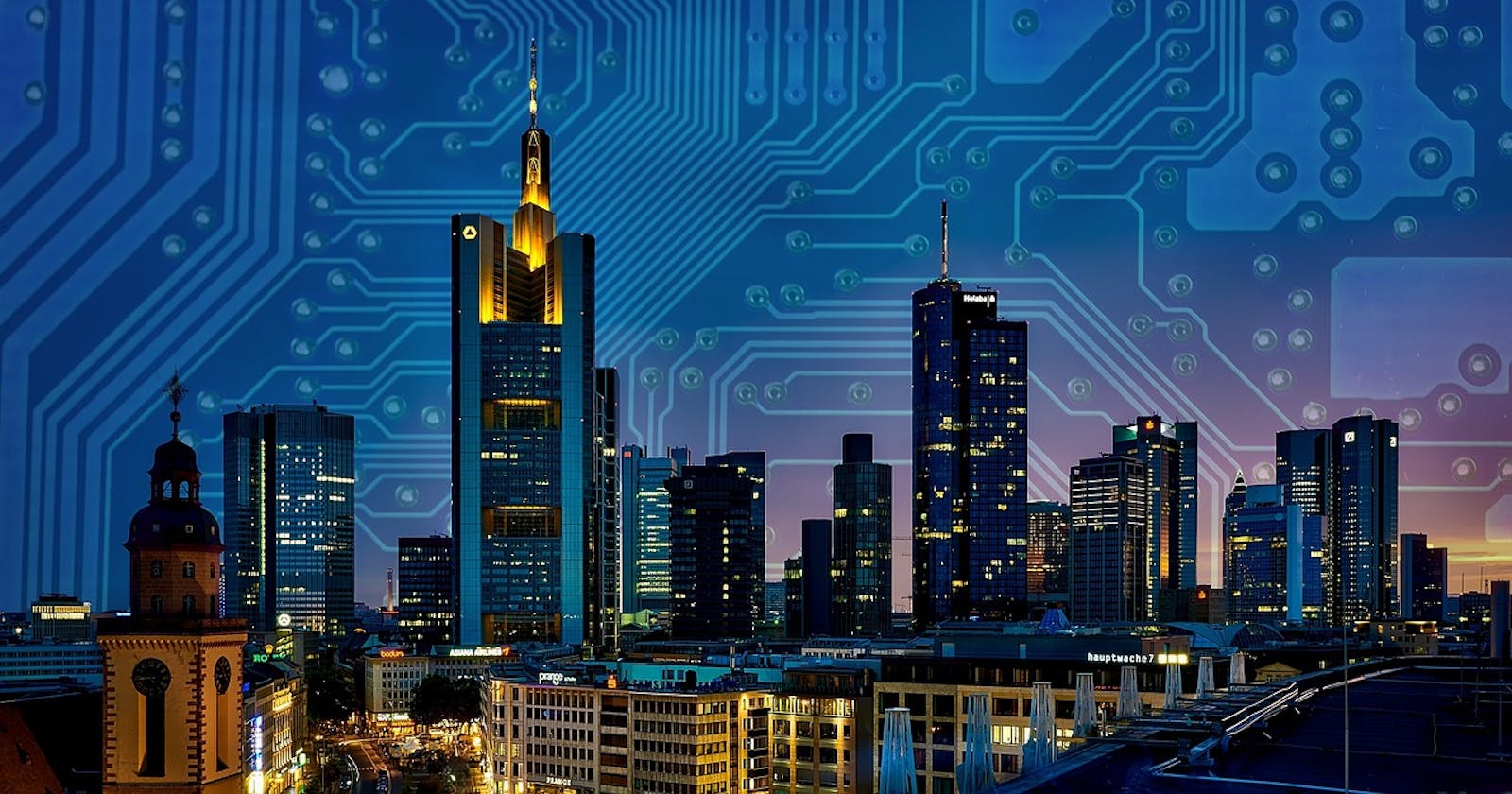Smart Cities are Getting Smarter: The Good, The Bad and The Ugly
Smart Cities are the latest way to efficiently plan cities. Let's learn something about them
A smart city is any city that leverages technology to maximise its efficiency and sometimes, even governance. Technologies used in smart cities integrate seamlessly to facilitate the smooth and day-to-day functioning of the city. Let's discuss the technologies and how they work and the repercussions they might have, whether positive or negative.
The Tech being Leveraged
Smart cities use an abundance of technologies from a wide spectrum that can change the way cities are designed and how we live our lives on a day-to-day basis. Let's discuss some of these.
E-Governance

With cities becoming smarter the conventional method of governance will not suffice. This calls for a transformation in the type of governance. That’s why governments all around the world are taking up E-Governance.
Technologies like Artificial Intelligence, Internet of Things, Radio-frequency identification (RFID), cloud computing, and many more would be used by the government to offer ‘smarter’ solutions.
Smart Energy

Smart buildings use advanced energy management systems, such as intelligent lighting and HVAC systems, to optimize energy consumption and reduce energy wastage.
Electric Vehicles: Electric vehicles (EVs) have the potential to reduce carbon emissions and improve air quality in cities.
Smart energy will allow stakeholders to intelligently and actively monitor and manage the energy use of their facilities and assets. To further aid the clean energy transition, new renewable energy practices transform organic waste into biogas more efficiently using bacteria.
Advanced Waste Management
With the increasing population, the waste produced by us has also been on the rise.
The efficient and practical solution for this need is waste management. With the help of smart sensors that are located in smart waste bins you can easily track your waste containers. Smart sensors that are empowered with IoT technology will provide you with the real-time information of your waste disposal.
Public Safety and Security

How does a smart city safeguard the security of its inhabitants?
· Live surveillance and alerts in case of an incident through a network of cameras
· Supporting operations at major events, such as crowd control and safety
· Providing citizens with access to the police for quick and effective response, along with improved visibility and transparency
Smart Mobility

Smart mobility leverages technology to enable people and various forms of transport to function in more efficient, resilient, and sustainable ways. Advances in urban mobility revolve around improved infrastructure, mobility-as-a-service, micromobility, logistics solutions, and zero-emission transportation.
Intelligent traffic management, advanced commuting, and autonomous vehicles are making urban mobility eco-friendly.
Integrating these Technologies
All these technologies are well and good on their own but when they come together as a bigger unit they help a normal and traditional city to step up to the next level, as a smart city.
Let's look at an amalgamation of all these technologies seamlessly integrating with each other to improve quality of life and redefine how we live.

THE LINE by Saudi Arabia's Neom will eventually accommodate 9 million people and will be built on a footprint of just 34 square kilometers. This will mean a reduced infrastructure footprint, creating never-before-seen efficiencies in city functions. The ideal climate all-year-round will ensure that residents can enjoy the surrounding nature. Residents will also have access to all daily essentials within a five-minute walk, in addition to high-speed rail – with an end-to-end transit of 20 minutes. That means you will be able to travel 170 km in just 20 minutes. Now that's blazingly fast!
Conclusion
Although the technologies listed can completely revolutionise the way we understand and interpret information on a daily basis and change our lifestyles forever, there are always two sides to a coin.
Many of the technologies used in smart cities are either too expensive or rarely available, making them inaccessible to poorer nations.
For an efficient smart city, the technologies need to be completely developed which hasn't been accomplished yet, hence, making the concept far from hand.
The complete use of technology for transportation home delivery etcetera, can decrease social interactions between people.
So what do you think?
Should smart cities continue to get smarter or halt their development to an extent for the greater good?
